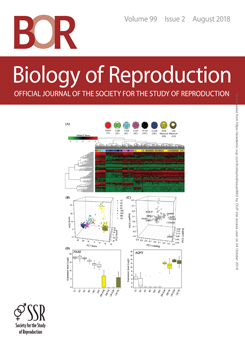Although the histone methyltransferase EZH2 and its product H3K27me3 are well studied in cancer, little is known about their role and potential as therapeutic targets in endometriosis. We have previously reported that endometriotic lesions are characterized by global enrichment of H3K27me3. Therefore, we aimed to (1) characterize the expression levels of EZH2 in endometriotic tissues; (2) assess H3K27me3 enrichment in candidate genes promoter regions; and (3) determine if pharmacological inhibition of EZH2 impacts migration, proliferation, and invasion of endometriotic cells. Immunohistochemistry of an endometriosis-focused tissue microarray was used to assess the EZH2 protein levels in tissues. Chromatin immunoprecipitation-qPCR was conducted to assess enrichment of H3K27me3 in candidate gene promoter regions in tissues. Immunofluorescence was performed to assess the effect of an EZH2-specific pharmacological inhibitor on H3K27me3 global enrichment in cell lines. Tomeasure effects of the inhibitor in migration, proliferation, and invasion in vitro we used Scratch, BrdU, and Matrigel assays, respectively. Endometriotic lesions had significantly higher EZH2α nuclear immunostaining levels compared to eutopic endometrium from patients (glands, stroma) and controls (glands). H3K27me3 was enriched within promoter regions of candidate genes in some but not all of the endometriotic lesions. Inhibition of EZH2 reduced H3K27me3 levels in the endometriotic cells specifically, and also reduced migration, proliferation but not invasion of endometriotic epithelial cells (12Z). These findings support future preclinical studies to determine in vivo efficacy of EZH2 inhibitors as promising nonhormonal treatments for endometriosis, still an incurable gynecological disease.
Summary Sentence
Inhibition of the histone methyltransferase EZH2 reduced H3K27me3 levels in the endometriotic cells specifically, and also reduced their migration, proliferation but not their invasion.





